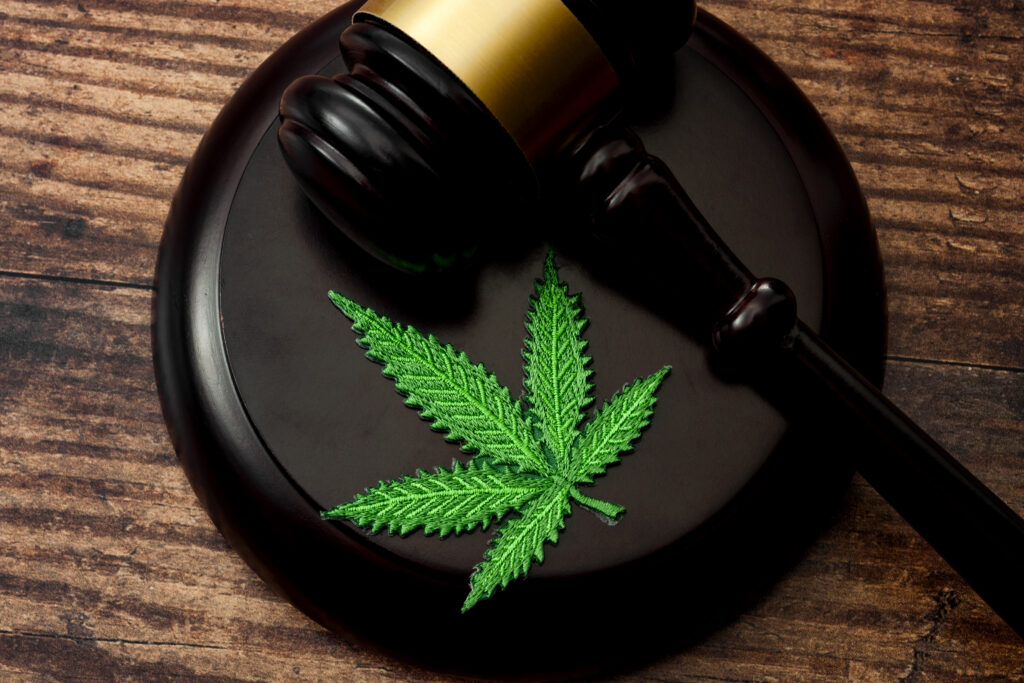
The United States justice system—despite its inherent advantages and underlying ‘innocent until proven guilty’ dictum— can be intimidating and daunting. Federal crimes are serious business and carry with them heavy penalties. Here at the Aranda Law Firm, we specialize in different areas of the law so that we can help people find the proper defense.
One of the areas we work in is helping people defend federal drug charges. State laws and federal laws concerning the use, possession, and distribution of illicit drugs most often overlap, but federal drug charges most often come with a higher penalty. We thought we’d take a look at some important things to note if you or your loved one are facing federal drug charges.
What Does a Federal Drug Ch2rge Mean?
These cases are brought under federal law known at Title 21. This relates to the possession, manufacture, distribution of controlled substances. A drug charge can become federal if you are caught by a federal agent or police, arrested by a federal officer, if the crime occurred on federal property, or the crime involved crossing state lines.
How Do I Know if I can Be Prosecuted in Federal Court?
It’s important to remember that in the United States a law enforcement agency must have jurisdiction in order to arrest a person. A state has its own set of laws and the federal government also has its set of laws. Sometimes, these overlap and sometimes they do not. For example, several states in the Union have legalized or decriminalized the use of marijuana but the federal law still considers it illegal. This is an example of an instance where state and federal laws are in conflict. In that case, the federal government has tried to give the state its authority but can still prosecute if a drug crime is committed on federal property or other special circumstances. For the most part, the federal government has taken a hands off approach in states where the use of recreational marijuana is legal. New Mexico and Texas, for example, have differing medical marijuana laws and each state enforces them accordingly.
What is the Difference Between State Charges and Federal?
A drug offense can be charged in both state and federal courts. The difference is that if you are charged with a federal drug violation there is significant difference in the length of sentencing and punishment. A federal sentence is almost always harsher than a state sentence.
What are Some Common Federal Drug Charges?
There are many different types of possible drug charges but some of the most common might include:
Simple Drug Possession
This is perhaps the most common. It refers to the possession of a controlled substance without a prescription. Many times, these will be charged at the state level if there is no evidence or indication that there was intent to distribute.
Drug Trafficking
This means there was a manufacturing element, distributing, or possessing with a clear intent to distribute.
Drug Manufacturing
The running or managing of an operation whose purpose is the manufacturing of illegal drugs.
If Facing Charges, Call an Experienced Lawyer
Facing federal charges without an attorney is finding yourself in treacherous waters. The federal government does not joke around with serious drug offenses. The Aranda Law Firm is here to build a defense in your case and ensure that you are properly counseled on how to best deal with your case. Have a trusted attorney in your corner. Call us today.
